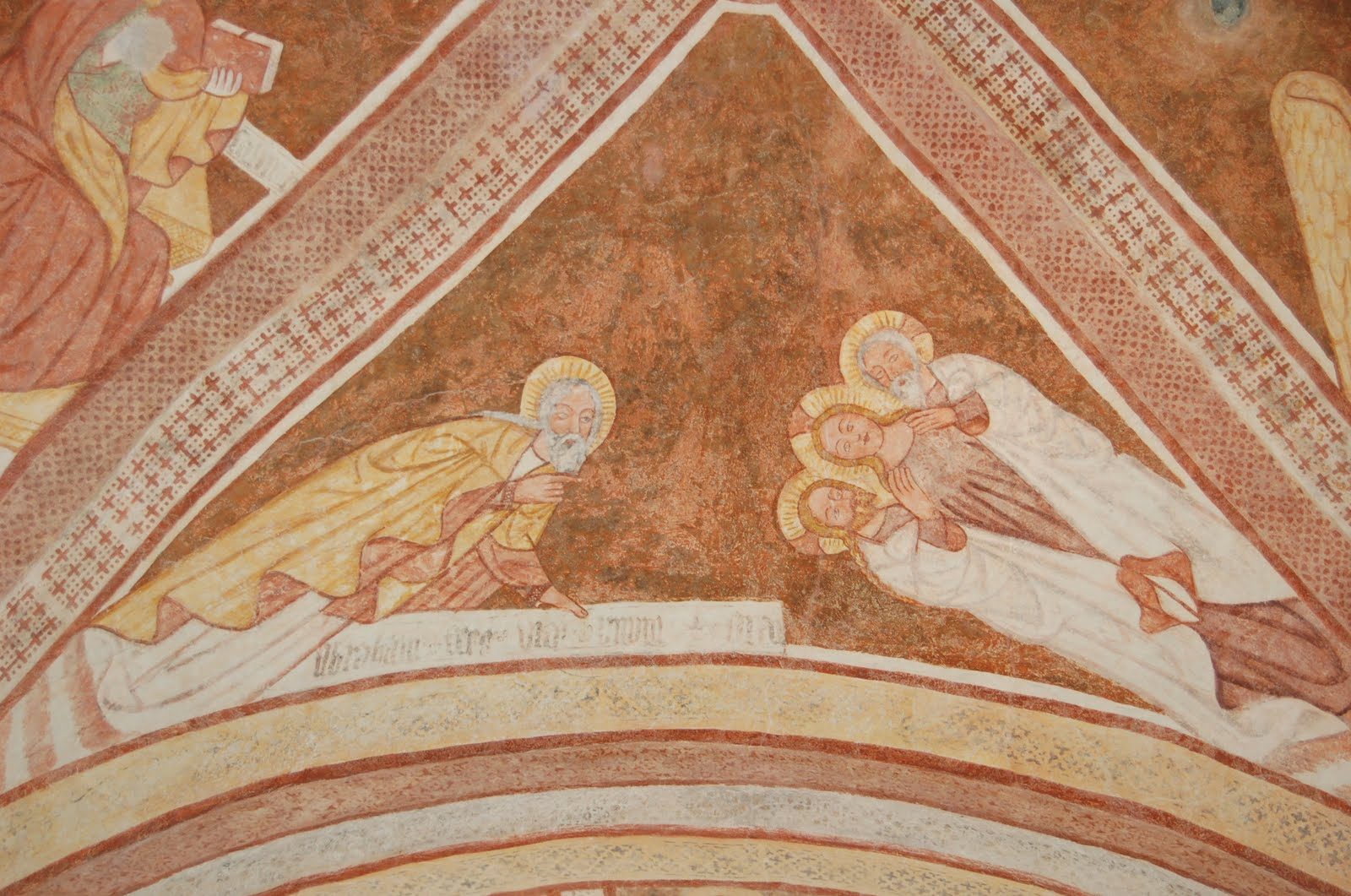Bathsheba Wanted It
Bathsheba was a favorite subject for Renaissance painters, because she should obviously be painted naked. She was an adulteress, after all, right? Surely, she knew David was watching her do her monthly ritualistic bath from above.
No, Bathsheba was a survivor of power rape and a woman made a widow by her rapist, King David (Check out 2 Samuel 11 for a reminder of the story).
Why don’t we think of her this way, however? Because many of us, deep down, believe that sexual sins against women by big-name religious men don’t matter that much. We assume Bathsheba was all for it, too. Don’t women automatically fall for powerful men who approach them?
Bathsheba’s Opinions Not Recorded
The Bible doesn’t say what Bathsheba felt or thought. It does say she “mourned” the dead husband that David murdered, whom she had only recently married.
What mattered to the author of 2 Samuel was David’s sin against Yahweh. What also mattered was the prophet Nathan’s view of Uriah, as David’s victim. David had stolen Uriah’s property. And from the way Yahweh was painted here, killing David and Bathsheba’s first child as punishment was only hurting David.
Ironically, Bathsheba was hardly seen at all.
King Yoder’s Sins
The same dynamic continues in our culture and time, perhaps unconsciously justified by misreadings of Scripture like this one. This week, I found out that John Howard Yoder, well-known pacifist author of The Politics of Jesus, made a practice of attempting to manipulate Christian women to entertain him sexually. Most of the women resisted him, but were scarred by what he did. The Society of Christian Ethics recently held several sessions in their annual conference to discuss the issues involved when a well-known leader like Yoder harms many people.
Yoder twisted theology to try to convince women that sexual play and even intercourse between them was morally acceptable. He used his personal power in the Mennonite church due to his social justice, pacifist writings. Yes, his social justice theology.
John Howard Yoder died 20 years ago. 20. years. ago. It’s not that no one knew what he was doing back when he was alive. The president of the college where Yoder taught tried to get him to change but ultimately protected him. One theologian, Stanley Hauerwas, even praised him in an aside and in his 2010 memoir, for how he handled the situation. (For the full story, see a 2013 New York Times piece and a recent one by feminist scholar Grace Yia-Hei Kao). Only since 2013 have Mennonite leaders been talking and acknowledging the injustice toward the women who live on, with their memories.
History Redux
An isolated situation, right? I think not. Historically great religious men have gotten away with a lot when it comes to misusing power with women. Ghandi was much like Yoder in aligning his religious beliefs with his abuse of women for his sexual pleasure. Martin Luther King was nothing like Yoder in using bad theology to get women to do what he wanted, but he did mistreat his wife with his affairs, with no accountability.
We all flinch when we hear Ghandi and King’s names linked with sins against women. But this is the exact problem I’m talking about. And it happens on the domestic level, where no one wants to expose a Christian family man even though he is beating his wife and/or children. This is a big problem no matter how well-known, or not, the male abuser is.
Learning from Nathan
We can learn how to confront injustice toward women by powerful, and not-as-powerful, religious men through the prophet Nathan’s example. When Nathan heard from God to rebuke King David, he didn’t let fear deter him from speaking out what he heard from God. We can also learn from David, who didn’t go to self-defensiveness and pride as Yoder repeatedly did. David admitted that he was wrong.
We have to also start facing squarely the sins of the famous authors that we read, and not toss their personal lives off as an aside, as this particular theologian would like to argue we should. What Yoder did is a fact, not an allegation. It matters. I would feel physically sick to teach his work at all, especially when there are other good theologians who teach pacificism, such as Walter Wink and J. Denney Weaver.
We have to acknowledge and discuss the tendency for great thinkers to separate their minds from their emotions and bodies. That kind of split isn’t the Christian life. Following Jesus is not about having the right answers or ideas, no matter how interesting. Nor is it about keeping a perfect façade. King David understood that following Yahweh meant he would be accountable for sins he committed, even if he thought the only sin was against Uriah.
Though neither David, Nathan nor the author(s) of 2 Samuel 11 understood that David had sinned against Bathsheba, you know that Mother God did. And during all those years no one took seriously that John Howard Yoder was assaulting women, Mother God did. She wants us to speak out when we see power abused, especially in the church.
Now is the time to hear Bathsheba’s voice. Now is the time to learn from Nathan.

